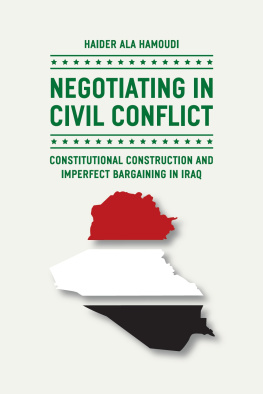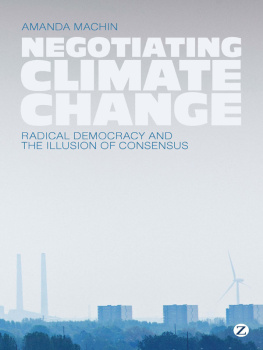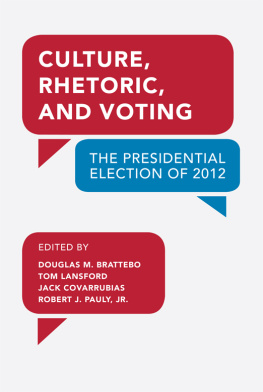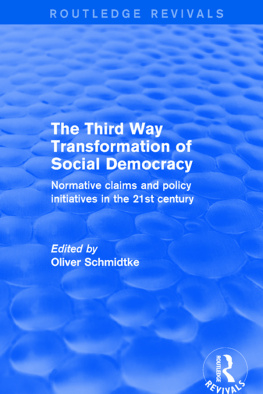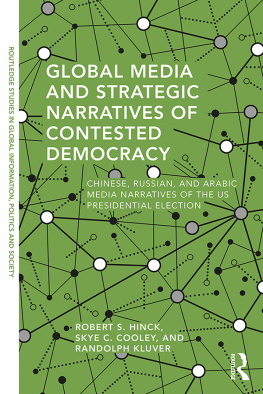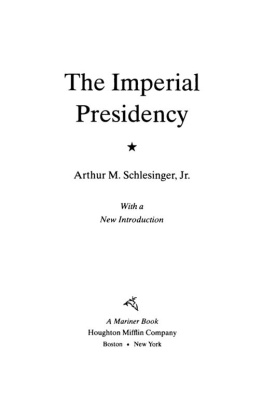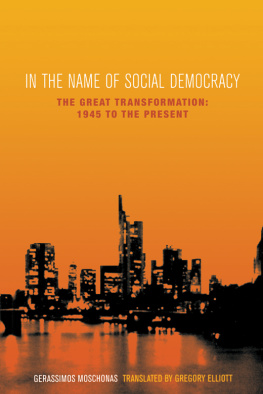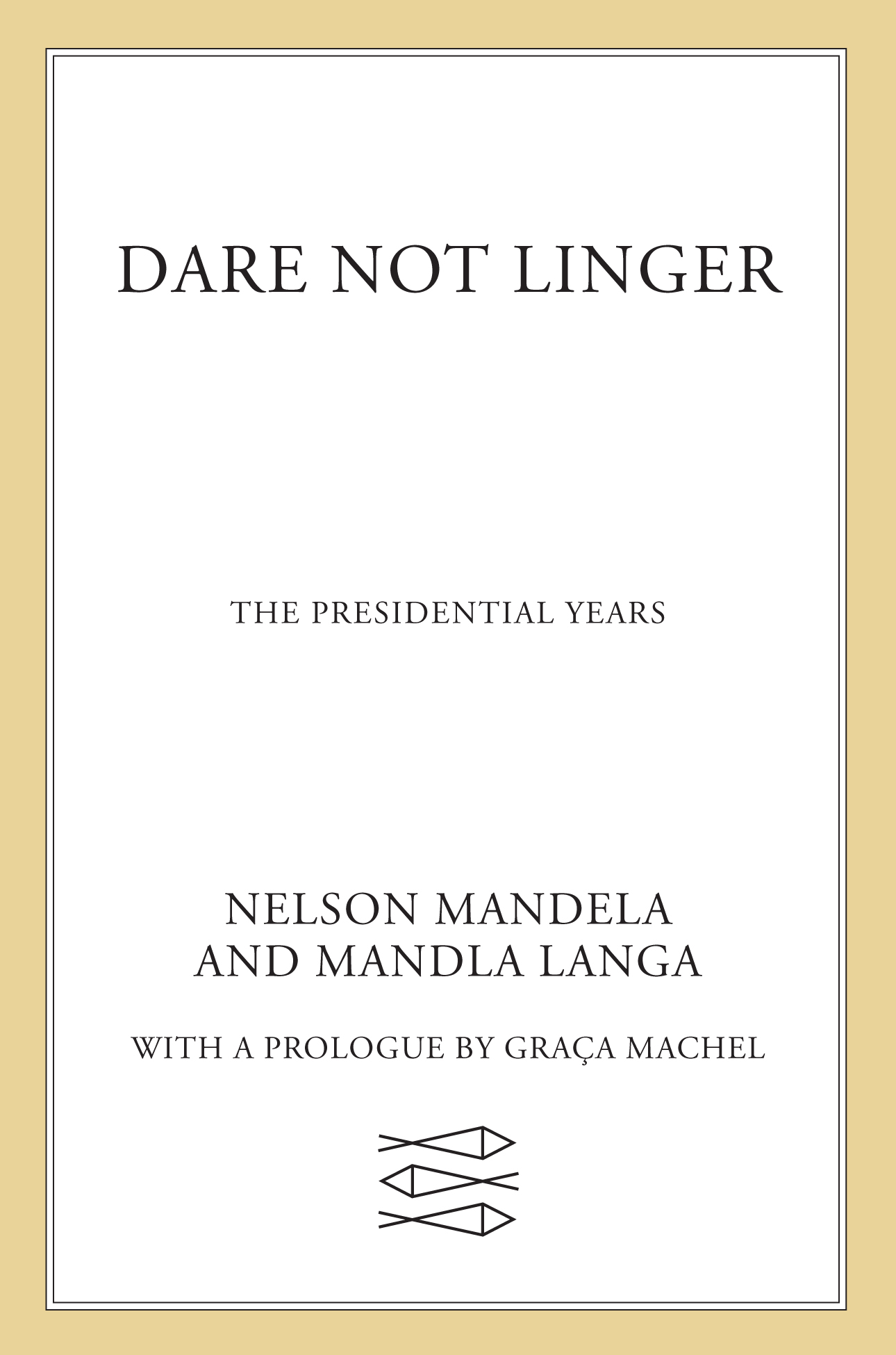Contents
Guide
Pagebreaks of the print version
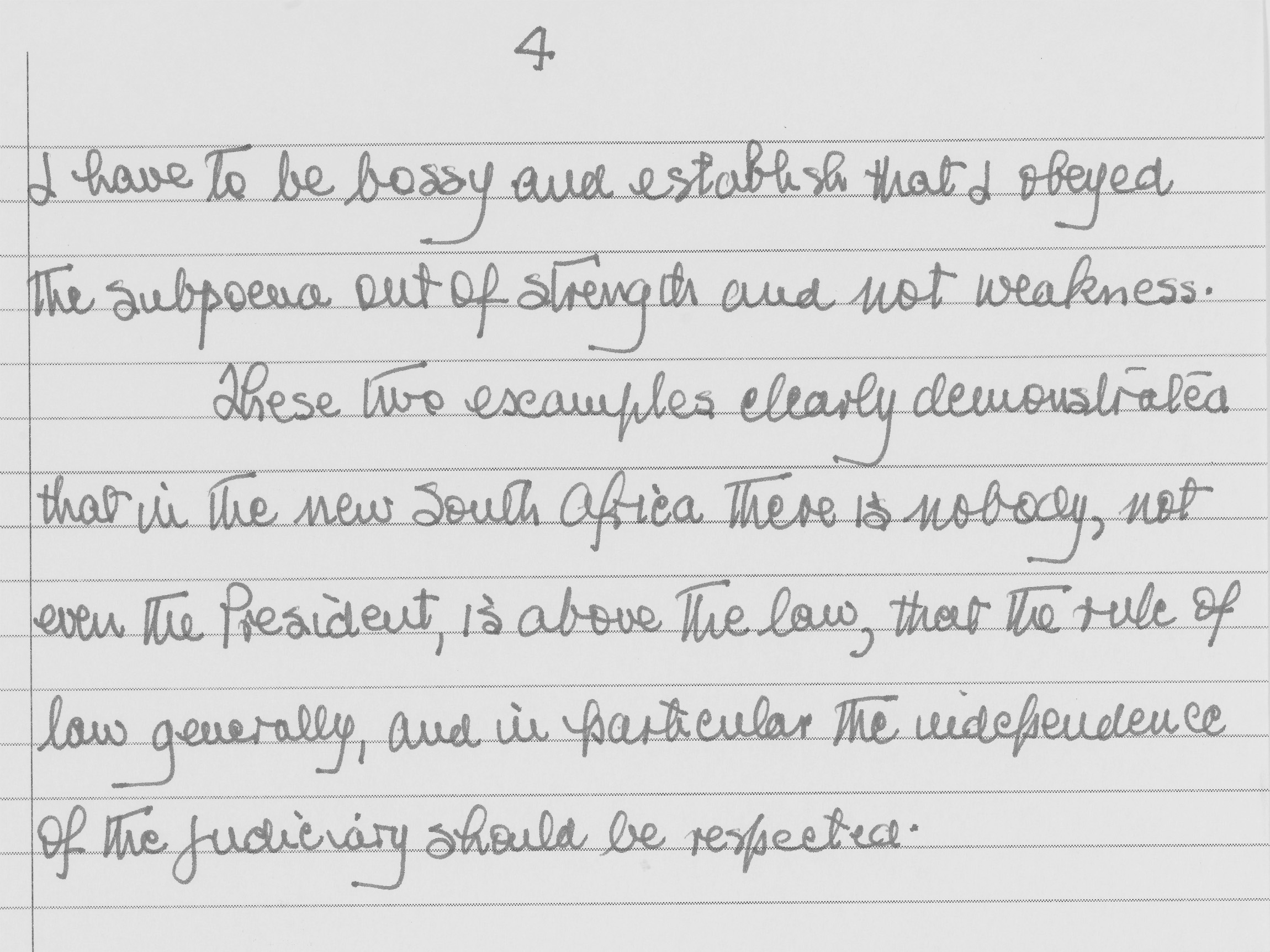

The author and publisher have provided this e-book to you for your personal use only. You may not make this e-book publicly available in any way. Copyright infringement is against the law. If you believe the copy of this e-book you are reading infringes on the authors copyright, please notify the publisher at: us.macmillanusa.com/piracy.
The truth is that we are not yet free; we have merely achieved the freedom to be free, the right not to be oppressed. We have not taken the final step of our journey, but the first step on a longer and even more difficult road. For to be free is not merely to cast off ones chains, but to live in a way that respects and enhances the freedom of others. The true test of our devotion to freedom is just beginning.
I have walked that long road to freedom. I have tried not to falter; I have made missteps along the way. But I have discovered the secret that after climbing a great hill, one only finds that there are many more hills to climb. I have taken a moment here to rest, to steal a view of the glorious vista that surrounds me, to look back on the distance I have come. But I can rest only for a moment, for with freedom come responsibilities, and I dare not linger, for my long walk is not yet ended.
Nelson Mandela, Long Walk to Freedom
It was three months after Madiba and I married that he sat down to write the first chapter of what he intended to be the sequel to his autobiography Long Walk to Freedom .
A sense of duty to his political organisation and the broader struggle for liberation in southern Africa informed his decision to write Long Walk . And it was a sense of duty to South Africans and to global citizens that energised him as he began the work which has now become Dare Not Linger .
He wanted to tell the story of his years as the first president of a democratic South Africa, reflect on the issues that had occupied him and his government, and explore the principles and the strategies they had sought to apply in addressing the innumerable challenges the new democracy faced. More than anything, he wanted to write about laying the foundations of a democratic system in South Africa.
For about four years the project loomed large in his life and in the lives of those close to him. He wrote painstakingly, with his fountain pen or his ballpoint, awaited comments from trusted associates, then rewrote and rewrote until he felt he could move on to the next chapter or section. Every step was marked by a commitment to consultation. I am particularly grateful to Prof Jakes Gerwel and Madibas personal assistant Zelda la Grange, who gave him every encouragement and supported the project in multiple ways in this period.
The demands the world placed on him, distractions of many kinds and his advancing years complicated the project. He lost momentum, and eventually the manuscript lay dormant. Through the last years of his life he talked about it often worried about work started but not finished.
This book represents a collective effort to complete the project for Madiba. It presents the story he wanted to share with the world. Completed and narrated by South African writer Mandla Langa, with Madibas ten original chapters and his other writing and thoughts from the period elegantly interwoven, the story has his voice ringing clearly throughout.
Mandla has done an extraordinary job of listening to Madiba and responding to his voice authorially. Joel Netshitenzhe and Tony Trew, trusted advisers and members of Madibas staff during the presidential years, provided comprehensive and richly mediated research, analysis and preliminary narrativisation, and the Nelson Mandela Foundation anchored our endeavour institutionally. I am grateful to all of them, and to our publishing partners, for enabling us to bring Madibas dream to fruition.
My wish is that every reader will feel challenged by Madibas story and be inspired to work toward sustainable solutions to the worlds multiple intractable problems. The title of the book is drawn from the final passage of Long Walk , where Madiba speaks of reaching the summit of a great hill and resting briefly before continuing his long walk. May we all find places of rest but never linger too long on the journeys we are called to.
Graa Machel
A significant proportion of the words in this book are from Nelson Mandelas own writings, encompassing text from his unfinished memoir on his presidential years as well as personal notes, and speeches made in Parliament, at political rallies or on the international stage in his capacity as a revered advocate for human rights.
The unfinished memoir, The Presidential Years, consists of ten draft chapters, most of which include several versions, as well as notes toward further chapters. The sequence of chapter versions is not always clear from the archival evidence. Text for this book has been extracted across chapter versions and note accumulations.
In an effort to retain the historical integrity of Mandelas writing, we have made very few editorial interventions to his extracted text, apart from standardising quotation marks, italicising titles of books or newspapers and occasionally inserting a comma for sense or correcting the rare occurrence of a misspelt name. Editorial interpolations to provide further information to the reader appear in square brackets. We have retained Mandelas characteristic style of capitalising professional titles and have also preserved inconsistencies, such as his occasional capitalisation of terms such as Blacks and Whites. Quoted material from interviews where Mandela was speaking without notes has been standardised to be consistent with the editorial style of the narrative.
To assist the reader, we have included a comprehensive glossary of significant people, places and events mentioned in the book , along with a list of abbreviations for organisations, a map of South Africa and an abridged timeline of the period of Mandelas life ranging from his release from prison in 1990 until the inauguration of his successor, Thabo Mbeki, in 1999.
For many South Africans, in 1997 the public holiday of 16 December was remembered more as an important milestone in Nelson Mandelas long journey than for its poignant provenance, which simultaneously commemorates the victory of the Voortrekkers over amaZulu armies in 1838 and marks the establishment of Umkhonto weSizwe (MK), the military wing of the African National Congress (ANC), in 1961. Having gone through various name changes, the day was finally renamed the Day of Reconciliation in 1994.
On this Tuesday afternoon, when the temperatures in the North West provincial town of Mafikeng were already in the upper thirties, the more than three thousand ANC delegates gathered for the Fiftieth National Conference of the ANC sat in rapt silence waiting for President Mandela to deliver his political report. Minutes earlier he had sat on the dais among the leadership of the outgoing National Executive Committee (NEC), a small smile on his face as he listened to the spirited singing of liberation songs, which was punctuated by rapturous applause as he stepped towards the podium.
Unlike most tall people, Mandela was unconscious of his height, standing erect as he read from the report, his delivery flat and matter-of-fact. He believed in the import of his words and therefore saw little use for rhetorical devices much favoured by some of his compatriots. The new South Africa, ushered in with joy and celebration by the first democratic elections of 1994, was already experiencing the traumatic aftermath of a difficult birth.


